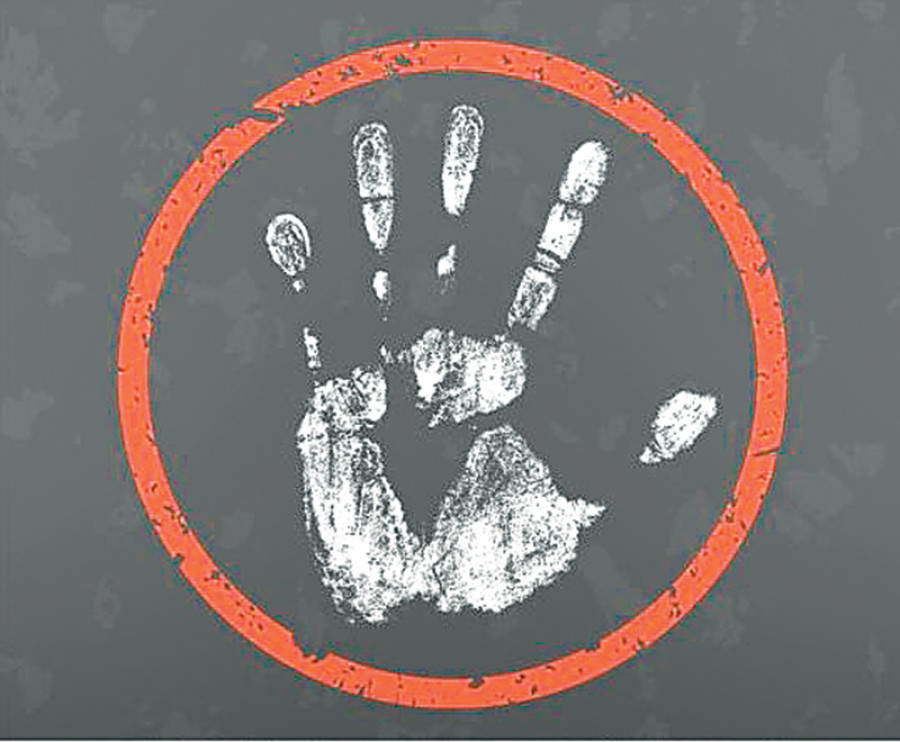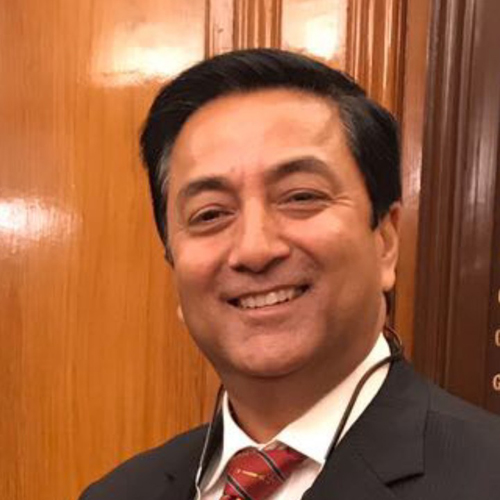Opinion
Easier said than done
The question on everyone’s mind is how systematised corruption will be rooted out
Binoj Basnyat
Prime Minister KP Oli and the CPN-UML’s coalition partner Prachanda have spoken strongly against economic crimes, discrimination and ineffective governance. But the question on everyone’s mind is whether the corrupt will be brought to justice, and whether nepotism and systematised corruption in institutions will be eliminated. A simple way to understand the impact of corruption is seeing how people are paying more than the usual rate for everything they need for their households, from electricity and food to medicine and many other items.
When you talk about corrupt practices, there is a widespread feeling that money needs to change hands before any work can begin. Appointments to constitutional bodies or bureaucratic postings are conducted on the basis of bribery, clientelism and nepotism. The general public thinks that the Nepali Army and the judiciary are two nonpoliticised, professional and stable institutions that the country can fully put its trust in. However, recent incidents in the judiciary like the indictment of former chief justice Parajuli are archetypal cases of corruption, politicisation and misuse of authority.
Cleptocratic practices move vertically and horizontally; vertically where the office in-charge has his or her people in the chain of command, and horizontally where their relatives are doing business and stealing from the state. The perpetrators of systematic corruption are in no other place but in high political offices, high business centres and protected criminal groups. As a result, the country and citizens are losing millions and millions of rupees regardless of whether it comes from international financial institutions or internal revenue. This is wearing down the very foundation of democracy and professionalism besides generating a moral and political threat to our society and democracy.
There are many ways to address corruption, but five important means are discussed here. Introducing electronic measures will enable speedy service delivery to the people. It will transform how public servants work, relate to each other and engage with citizens. This is what people want to see. E-governance is about people, and new skills, mind-sets and leadership approaches that require political will, resources and engagement between the government and the private and public sectors.
The world is transforming and peaceful social movements have turned leaders into criminals and cleptocrats. Challenging the government and even toppling it means fighting for injustice and systemic corruption. Street protests have the best chances of success in bringing key reforms when supported by civil society organisations, opposition parties and non-governmental organisations.
The influence of the media has exposed the benefits of connecting substantiation and augmenting consciousness. It is imperative that the media arrange their actions and organise their possessions into firm campaigns and advocacy. The established mass media together with new technologies can monitor governance, structure deliberations about corruption and offer influence to a range of points of view and arguments and can play a fundamental role in unveiling corruption, framing public problems and suggesting solutions.
It is the responsibility of international fund providers, donors and the government to adopt effective measures that the people can gain from, and that will elevate institutions and benefit the country. Tackling corruption is a collective effort involving the recipient, provider and middleman. They need to quantify and analyse the problem by increasing transparency and accountability, publishing data about all major international investments in the budget and the budget law to outline the financial risks associated with them, and strengthening legal institutions.
Reform, legislation and oversight should be embedded into the system to combat corruption, which has been turned into an institutional practice and part of daily living. Four key reforms need to be done: One, reorganising state institutions like the Department of Revenue Investigation and Department of Money Laundering; two, adopting clear and transparent regulations to professionalise the civil service; three, creating various anti-corruption institutions; and four, strengthening the anti-corruption policy. Cleptocracy is the biggest threat to democracy and national security. Instead of serving the people, the government serves and twists clientelism, nepotism and politically protected groups. So, strengthening the fight against economic crimes is something that should be pursued consistently.
Basnyat is a retired Army Major General and holds an MPhil degree




 16.33°C Kathmandu
16.33°C Kathmandu










